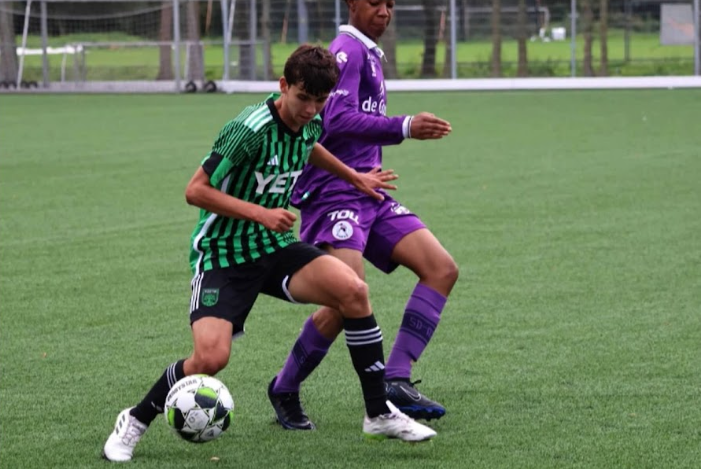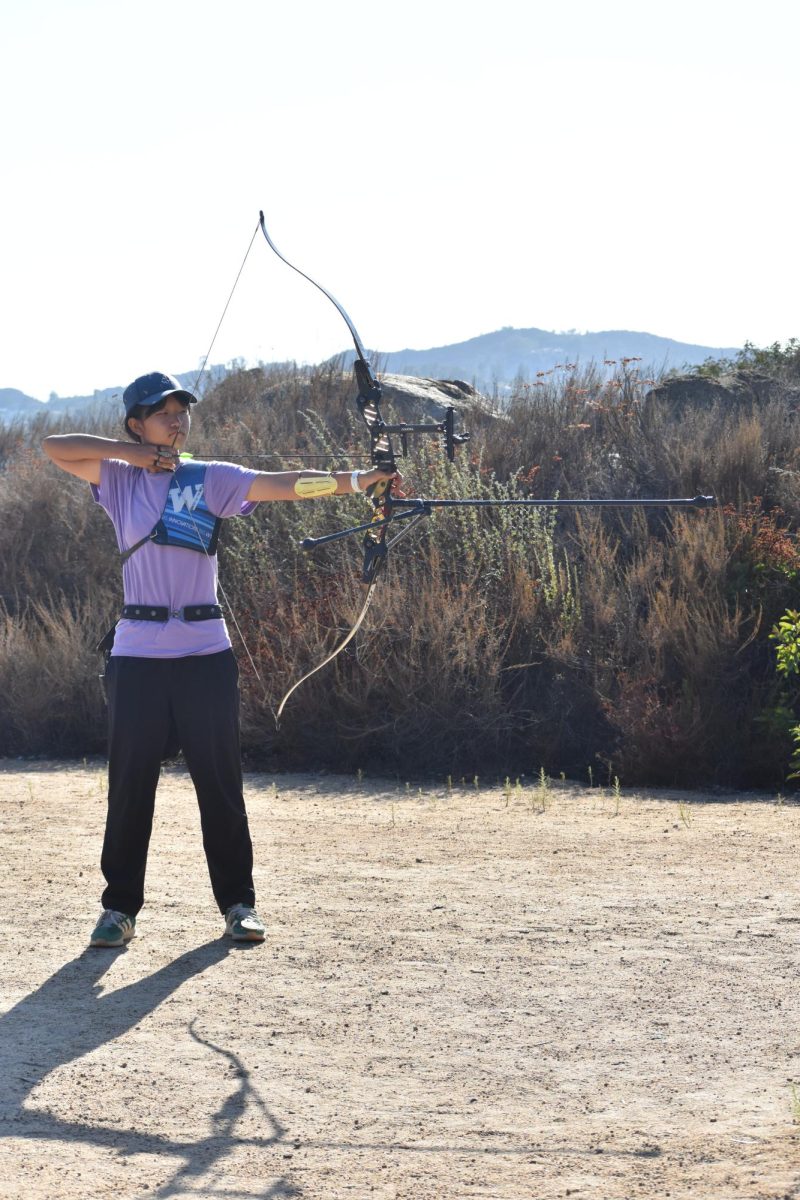Throughout his life Jason Kim (12) has been physically bullied. Kim has a mild form of Cerebral Palsy, a disability that affects people’s ability to move and maintain balance. While walking through the halls, while in the bathroom, and in the doorways of classrooms Kim would get shoved and harassed by his peers.
Eventually, Kim became fed up with these personal attacks and, looking for a way to defend himself, took up Brazilian jiu-jitsu after seeing the fighting style being used in the UFC.
Kim later switched to judo, as Brazilian jiu-jitsu mainly consisted of floor work which he disliked.
Kim’s judo sensei, Destinee Nagtalon, said she was very impressed with his abilities when he first joined her class.
“When we first saw Jason on the mat we were all rather unsure of his capabilities, but he really blew us out of the water,” Nagtalon said.
Initially, Nagtalon said that Kim did not take the training seriously. But, as he developed as a student, Kim soon took on judo with a passion.
“His growth matured when he started realizing his own capabilities,” Nagtalon said. “[He became] able to actually throw somebody without losing his balance or hurting his partner or himself. I think that’s when things really clicked for him.”
According to Nagtalon, Kim embodies one of the main character pillars of judo.
“One of the biggest pillars that he really [embodies] is ‘Jita-Kyoei’ and that roughly translates to mutual welfare and benefits,” Nagtalon said. “Judo is such a hard sport to do by yourself. You need the help of other people to [train and better yourself] and just by him showing up every day, being a great sport, being really curious in expanding his skills, he’s really embraced that in terms of making sure that he shows up to help others.”
Kim said he has learned a deep sense of Jita-Kyoei through training with his partner Rony Levitin, a senior at Mount Carmel three days a week for three years..
“[Our relationship] is very special because Rony would teach me ways to make my technique better and we also will call each other often [to check in on each other],” Kim said.
On March 20, Nagtalon asked Kim to compete in the Pan American Adaptive Judo Competition. Other than being the only disabled athlete that the Eidson Brazilian jiu-jitsu and judo dojo coaches, Nagtalon said he felt Kim also had merit to be selected due to his work ethic in the sport.
“We thought that Jason would be a really great candidate because we saw his passion and drive for the sport,” Nagtalon said. “Especially after we had promoted him last year, we saw that this was something that [he was] actually good at and something he wanted to get better at.”
Kim said there was a slow start to his training for the competition as he did not feel very motivated to compete, but eventually he became invested and wanted to win. He started working out every day in the gym and putting in more effort during his daily 100 repetitions of a throwing practice drill called Uchikomi.
Kim was especially nervous and excited for this event as he had never been in a sporting competition before.
“I was very nervous about losing,” Kim said. “Before this event as a little kid I never really had a competitive spirit. I used to do swim team but never competed professionally because I always doubted myself and my ability to win because of my CP [cerebral palsy].”
In his first official non-exhibition match of the tournament Kim came out with a lot of aggression.
“He fought with a ferocity that we have never seen,” Nagtalon said. “It was like a whirlwind because he really went out there to attack and be the first one to do so. That was the one thing that we were trying to really instill in him is to not let the other person attack because then you’re just falling behind.”
During this match, Kim also employed a move that he was never before able to do while practicing in his dojo: the Kosoto Gari leg sweeping technique. While it would usually knock him off balance, this time, he was successfully able to knock over his opponent.
Kim went on to take second place in his division of the tournament.
“[While standing on the second place spot of the podium] I thought about how I was very grateful for my senseis,” Kim said. “They give me lots of life advice and they are very wise. They [originally] helped me work one on one with learning to get my rhythm down and so I was grateful that I was able to get to the point where I could win this competition with their help.”
In October, Kim will be competing in a tournament in San Jose.
Kim says that judo has taught him many life lessons that he will bring with him into the future.
“Judo has taught me discipline, and shown me how it is important to not be arrogant when competing against others,” Kim said. “With judo, I learned that the only way to become more skilled is to fully embrace incoming challenges head on.”



![Valen Miao (9) [front] paddles in a dragon boat for Chinese Youth Dragon Boat, Sept. 13. Miao has been racing for one year.](https://wvnexus.org/wp-content/uploads/2025/09/Dragon-Boat-1200x491.jpg)

